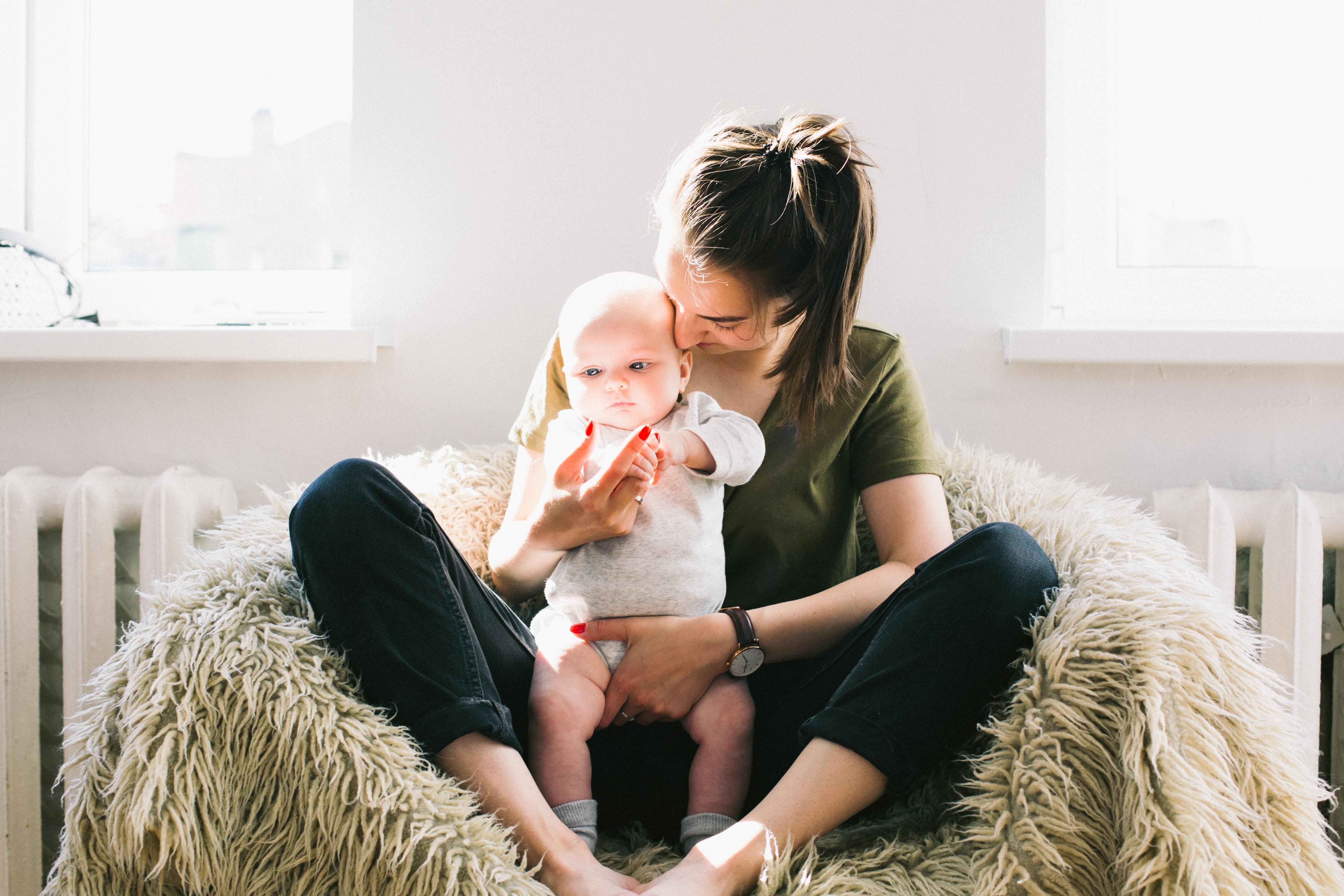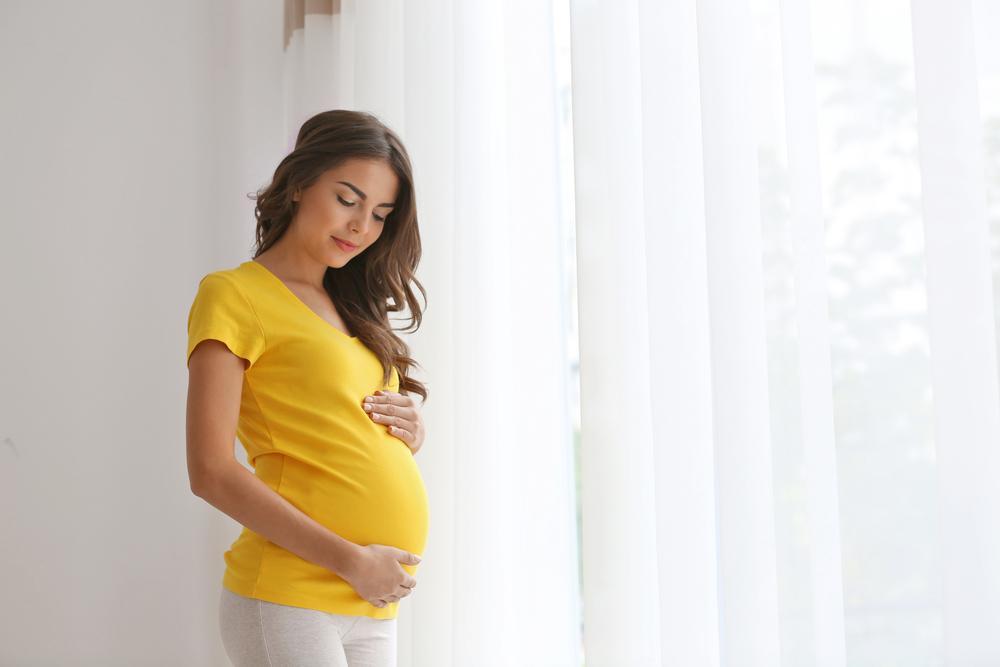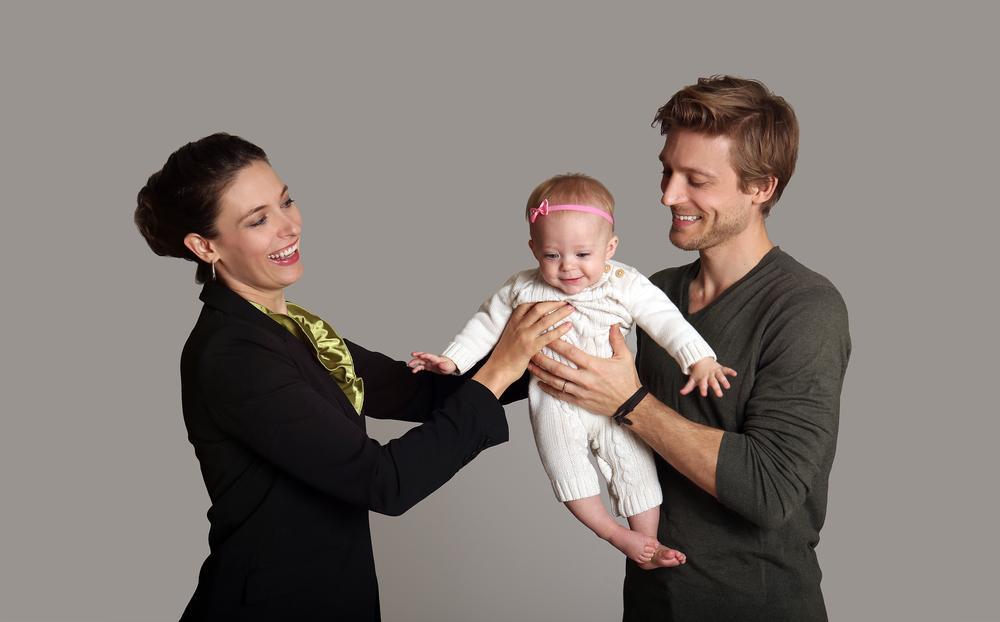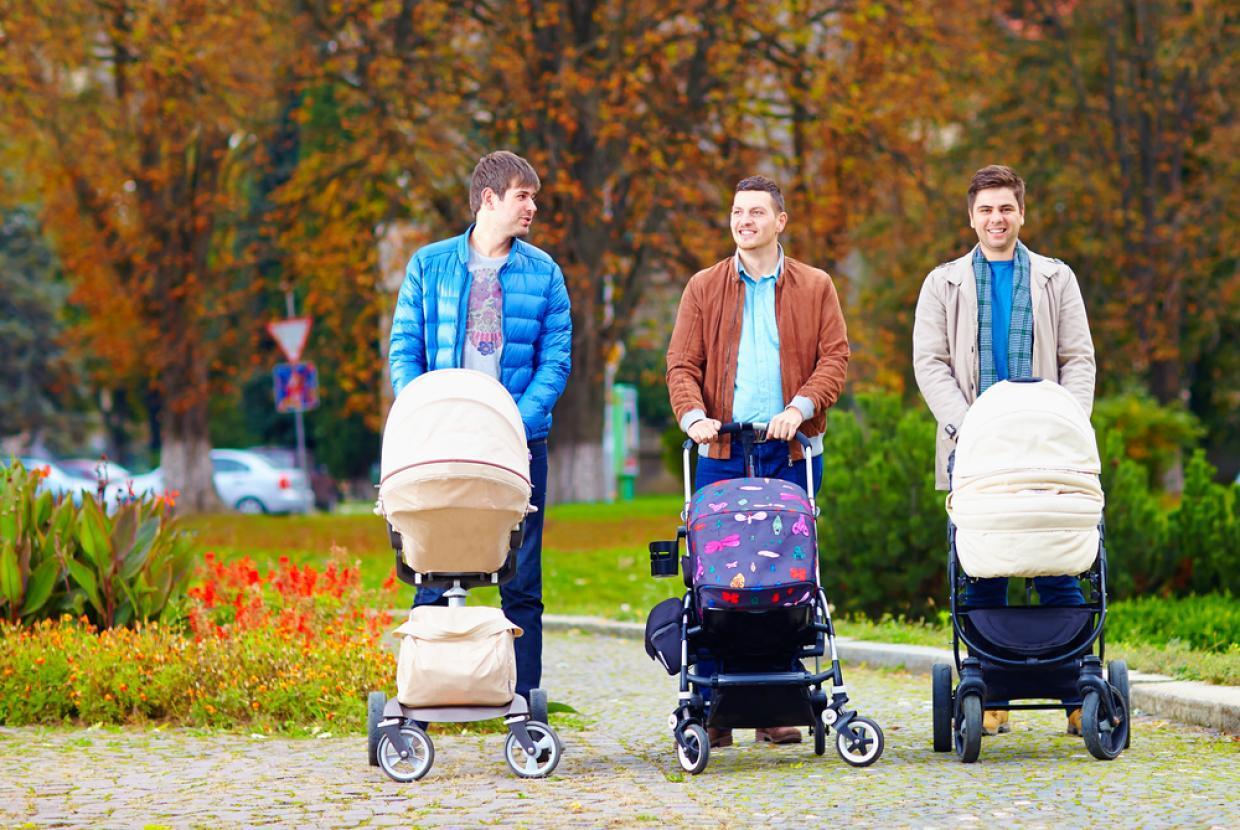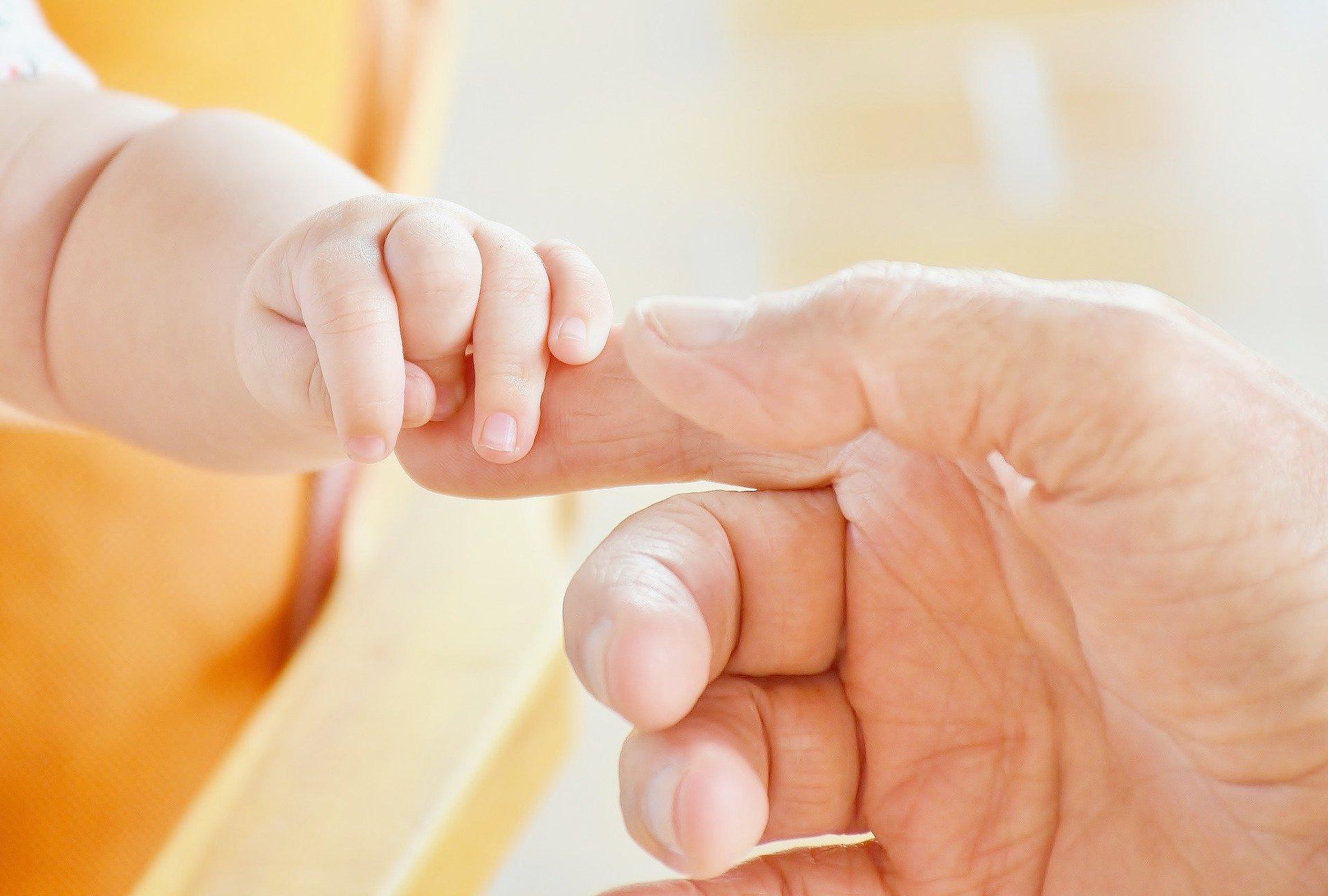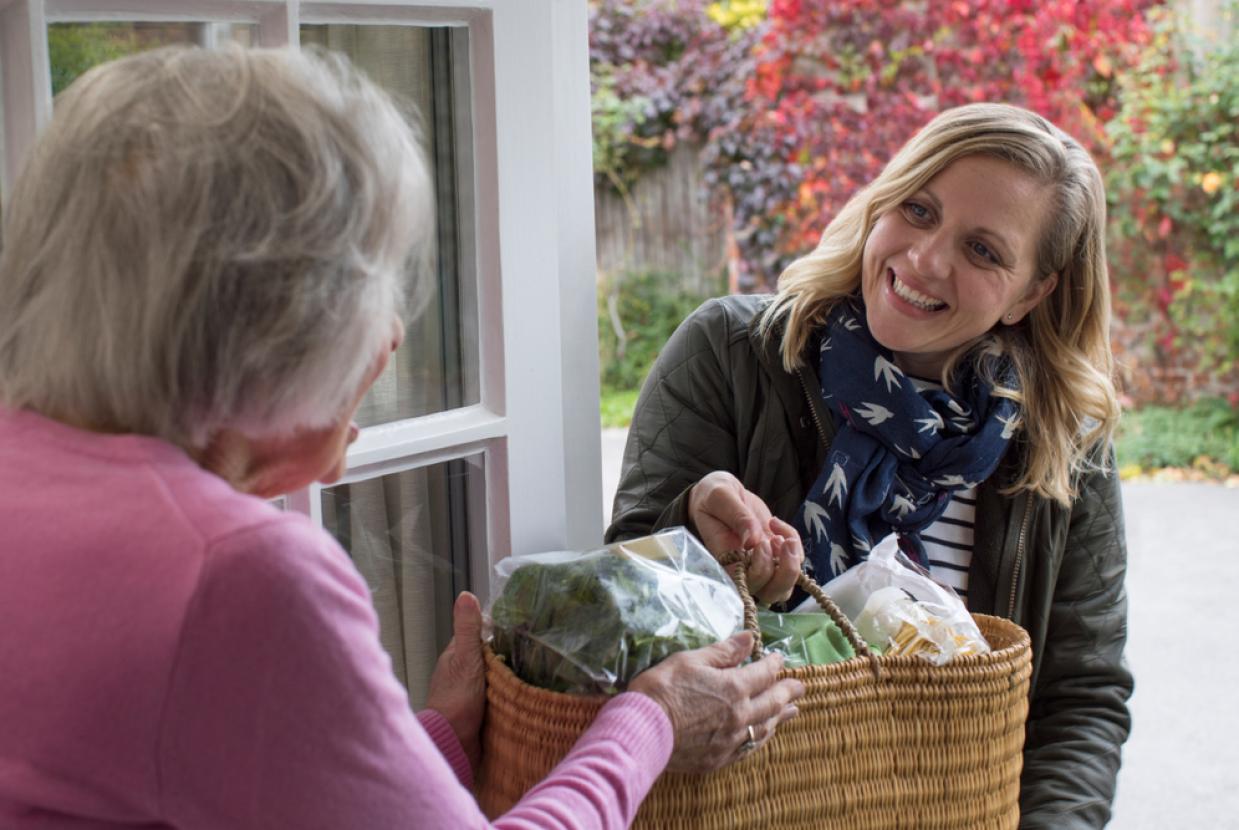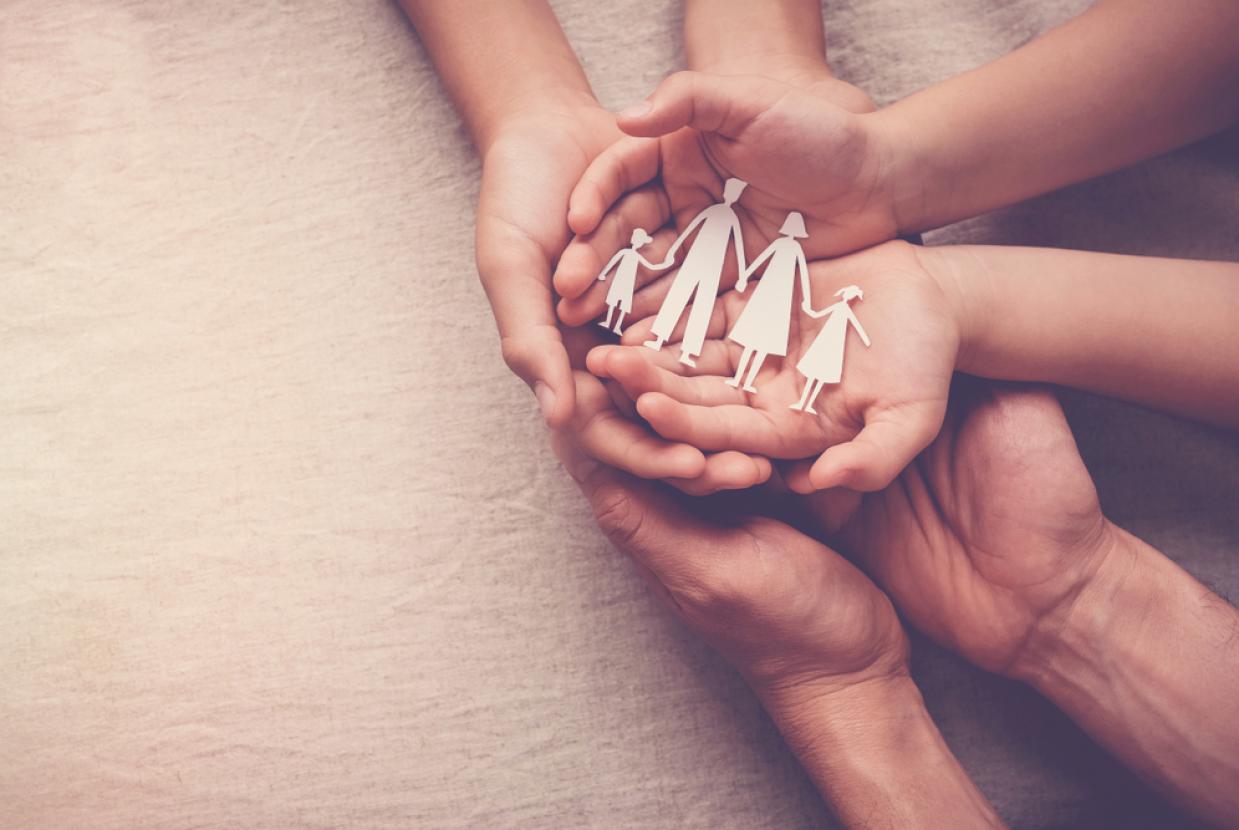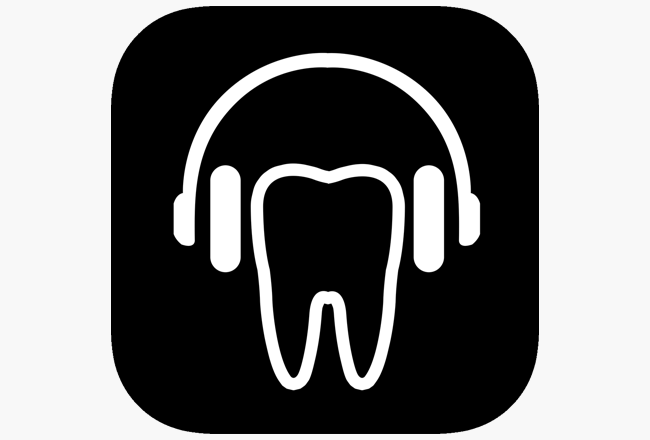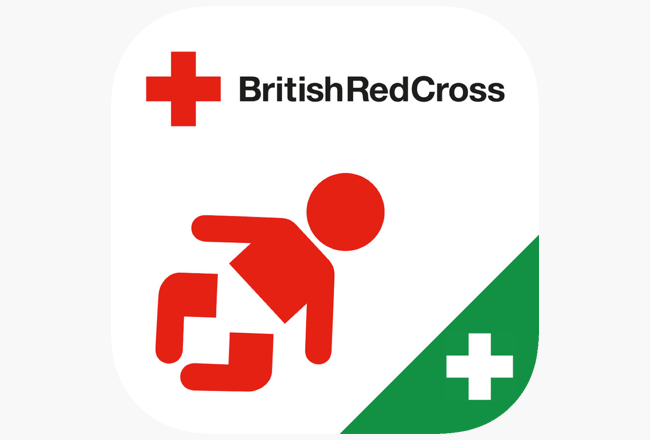Healthy Diet When Breastfeeding
Family HealthHere you can find out what food and drink you should try to avoid when breastfeeding.
What not to eat and drink when breastfeeding
If your baby is sensitive to certain foods or drinks, you may need to avoid them. This is because traces of what you eat and drink can pass through to your breast milk. If you have any concerns, talk to your health visitor or GP.
Caffeine
It's not just tea and coffee that contains caffeine – it's in chocolate, and various energy drinks and soft drinks. It's sensible to cut caffeine out while breastfeeding because it's a stimulant so can make your baby restless. If you do drink caffeine, try not to have more than 300mg a day. To give you an idea of what that looks like:
- 1 mug of filter coffee = 140mg
- 1 mug of instant coffee = 100mg
- 1 mug of tea = 75mg
- 1 (250ml) can of energy drink = 80mg (larger cans may contain up to 160mg caffeine)
- 1 (354mls) cola drink = 40mg
- 1 (50g) plain chocolate bar = up to 50mg
Alcohol
It's safer not to drink any alcohol while breastfeeding, but an occasional drink is unlikely to harm your baby – 1 or 2 units of alcohol, once or twice a week, should be fine.
If possible, allow 2 to 3 hours in between drinking and breastfeeding (you should only do this after breastfeeding is well established). This allows time for the alcohol to leave your breast milk.
Or you could express before drinking any alcohol so your baby can be bottle-fed and you can skip a feed. But if you do miss a feed, make sure your breasts don't become uncomfortably full. A unit of alcohol is equivalent to roughly:
- a small glass of wine (125ml)
- half a pint of beer
- a single measure of a spirit (25ml)
It's very important that you never share a bed, or sleep on the sofa with your baby if you've been drinking. This is linked to the risk of sudden infant death syndrome (SIDS).
Shark, swordfish and marlin
It's good to include 2 portions of fish per week, but when you are breastfeeding:
- limit swordfish, marlin or shark to 1 portion a week (because of the high levels of mercury in them)
- do not eat more than 2 portions of oily fish a week (like fresh tuna, salmon, trout, mackerel, herring, sardines and pilchards)
Peanuts and breastfeeding
Unless you're allergic to peanuts, there's no evidence to suggest you should avoid them (or any peanut-based foods like peanut butter) while breastfeeding. If you're worried about it, or concerned about your baby developing a food allergy, speak to your doctor or health visitor.
Cows' milk and breastfeeding
Cows' milk allergy (CMA) is one of the most common childhood food allergies. While it's more common when first infant formula milk is introduced or when your baby starts eating solids, it can happen while breastfeeding. Symptoms include:
- skin reactions, such as a red itchy rash
- swelling of the lips and face, and around the eyes
- tummy ache, vomiting, colic, diarrhoea or constipation
- runny or blocked nose
- eczema
Some babies are lactose intolerant (lactose is the natural sugar in milk). This means they can't digest it – but this not an allergy and may only be temporary.
Symptoms include:
- diarrhoea
- vomiting
- tummy pain or rumbling
- wind
If you're worried that your baby is showing signs of an allergic reaction, or intolerance, speak to your doctor. They'll assess your baby and advise you on the best course of action.
Food and drinks to include
You don't need a special diet while you're breastfeeding – just try to include a well-balanced, healthy variety of the following:
Fruit and vegetables
Aim to eat at least 5 portions of fruit and veg a day. Fresh, frozen, tinned, dried or juiced can be part of your daily allowance. Avoid anything with added salt or sugar.
Starchy foods (carbohydrates)
Starchy foods are an important source of energy, certain vitamins and fibre. This includes bread, potatoes, breakfast cereals, rice, pasta and noodles. Go for wholemeal, instead of refined starchy (white) versions, as much as possible.
Protein
Foods in this group include meat, poultry, fish, eggs, beans, pulses and nuts. Eggs produced under the British Lion Code of Practice (stamped with the red lion) are considered very low risk for salmonella, and safe to eat raw or partially cooked.
Fish
Aim to have 2 portions of fish each week – with 1 of them an oily fish like salmon, sardines or mackerel. Shark, swordfish and marlin can contain more mercury than other types of fish, so avoid eating more than 1 portion of these per week.
Dairy
Dairy includes milk, cheese and yoghurt. It contains calcium and other essential nutrients. When possible, choose low-fat varieties, such as semi-skimmed, 1%-fat or skimmed milk, low-fat yoghurt and reduced-fat hard cheese. If you prefer dairy-free alternatives, such as soya drinks and yoghurts, go for the unsweetened, calcium-fortified versions.
Breastfeeding vitamins
When breastfeeding, it's a good idea to take a daily vitamin D supplement. If your baby is only having breast milk, you should give them a vitamin D supplement too. Your health visitor can give you advice on vitamin drops and tell you where to get them.
How much vitamin D to take
If you're breastfeeding, you should consider taking a 10mcg daily vitamin D supplement. If your baby is only having breast milk (no first infant formula top-ups), you should give them a daily vitamin D supplement of 8.5 to 10mcg.
Vitamin D is found in certain foods – including oily fish like salmon, sardines and mackerel; red meat; and some breakfast cereals – but it's hard to get enough from food alone.
Where to get vitamins
It's worth checking if you're entitled to Healthy Start food and vitamin vouchers. If you're not eligible, ask your GP or health visitor where to buy them.
Breastfeeding advice
If you think something you're eating is affecting your baby through your breast milk, talk to your GP or health visitor, or call the National Breastfeeding Helpline on 0300 100 0212.



